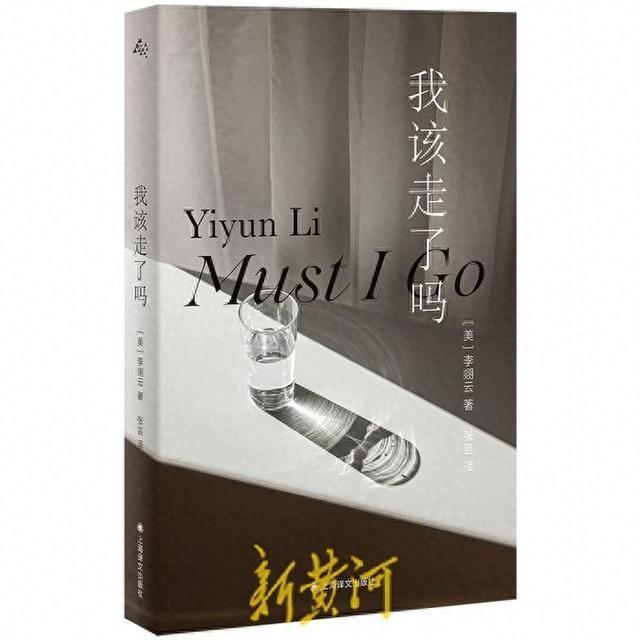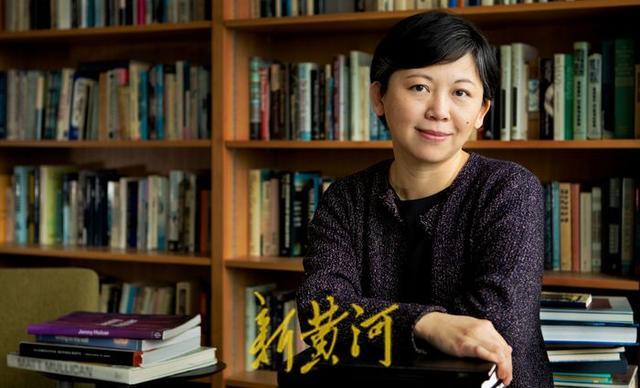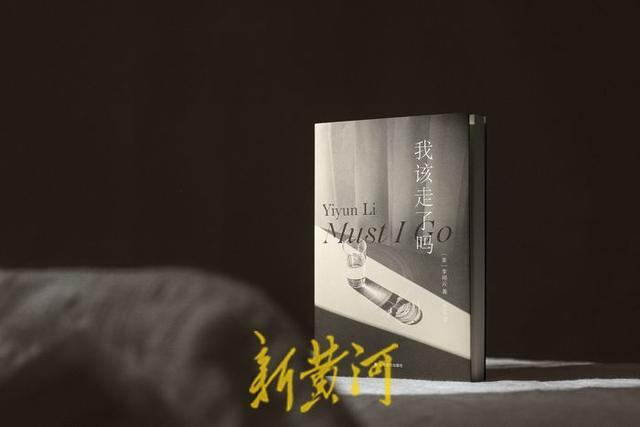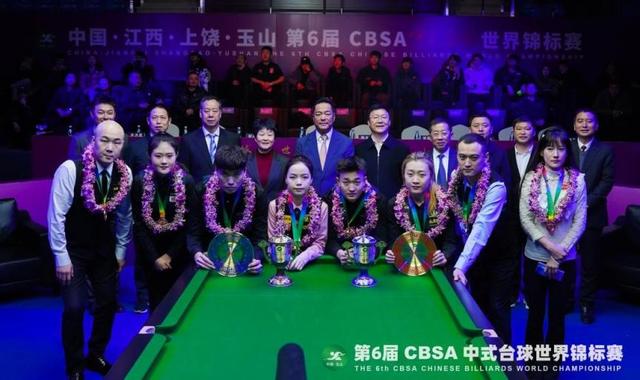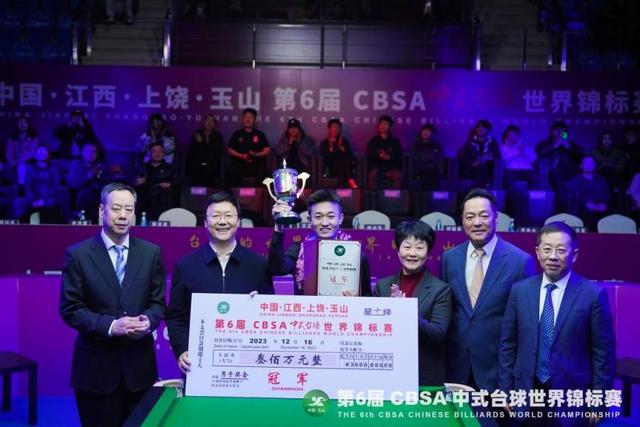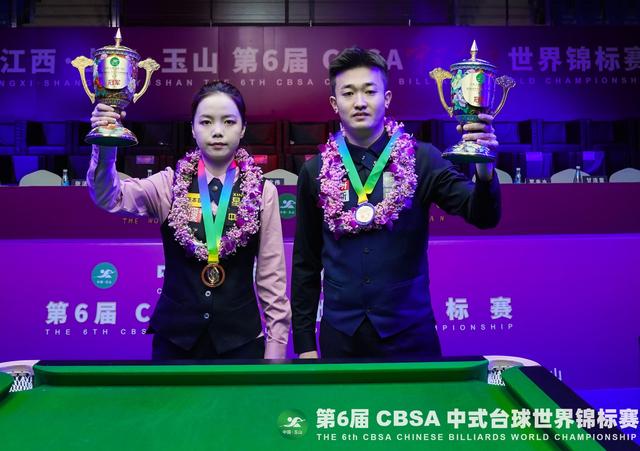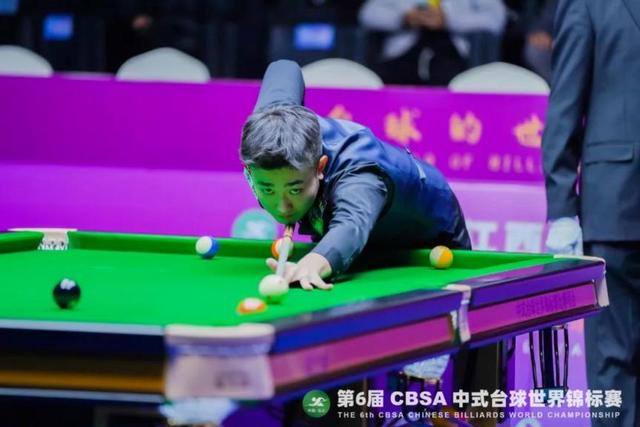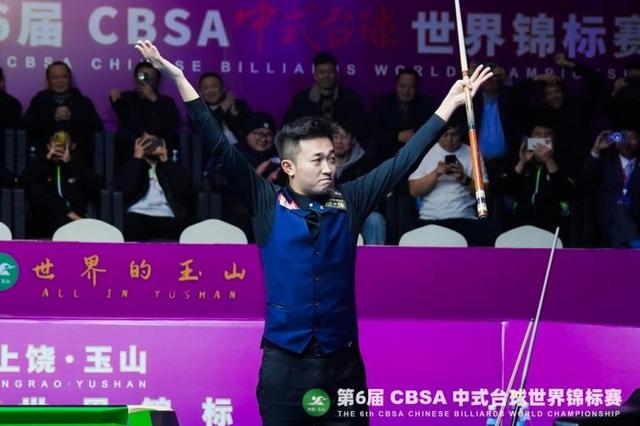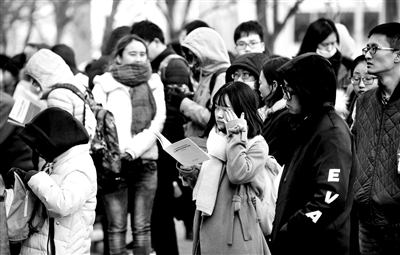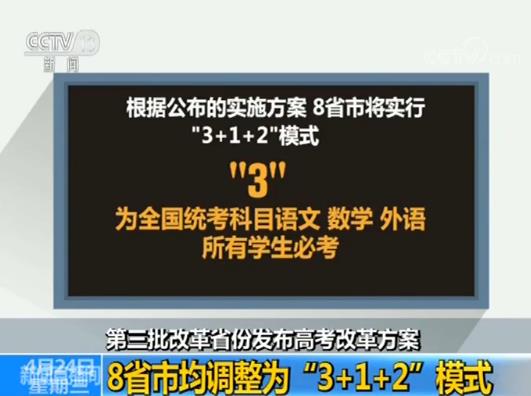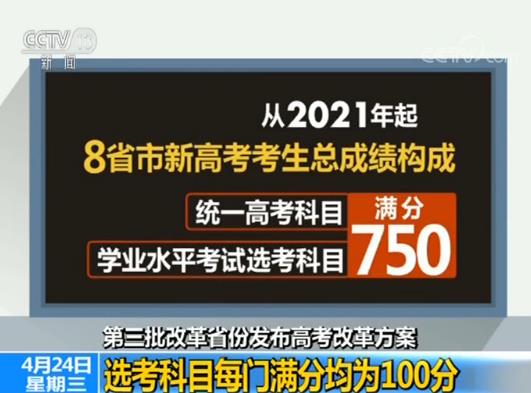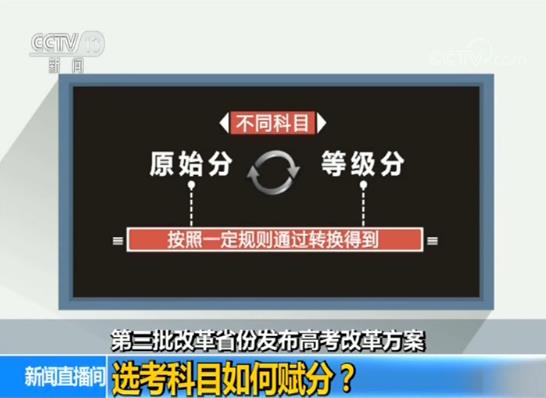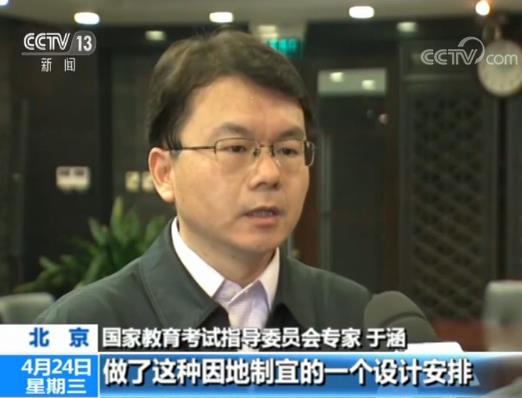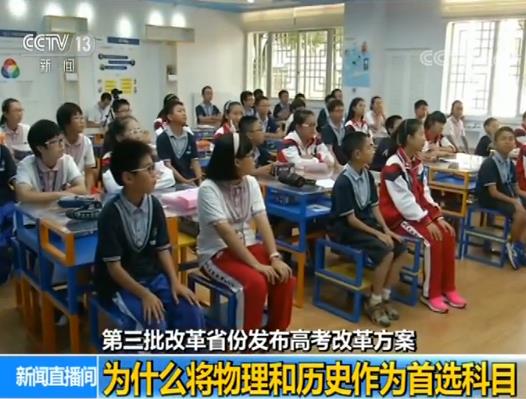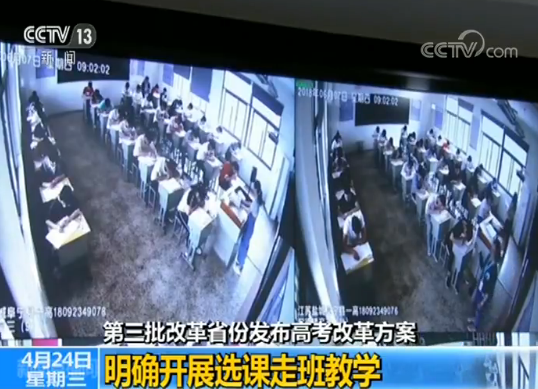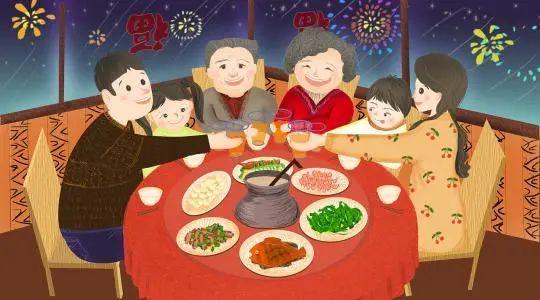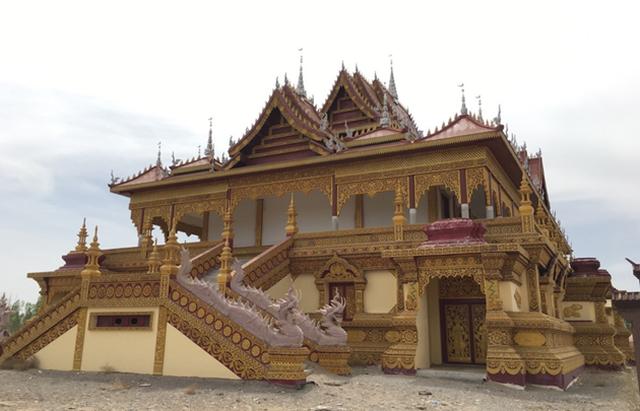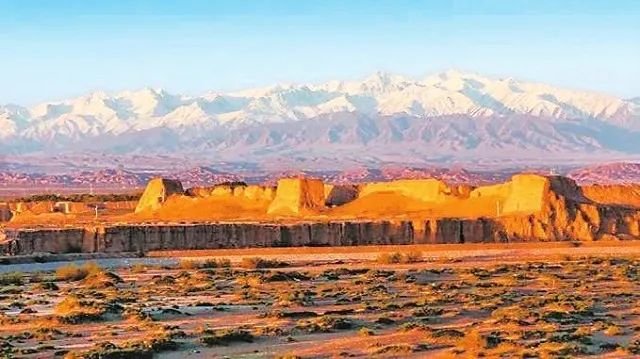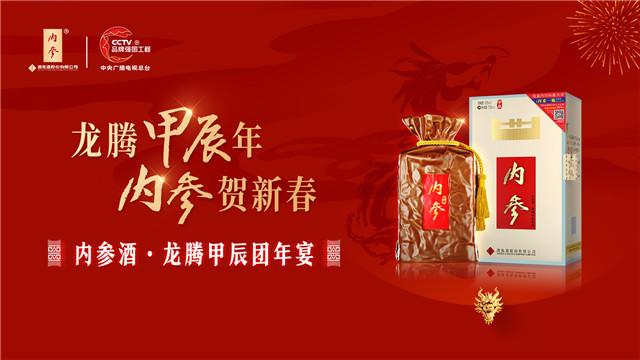Poirot: Evil Under The Sun
Lu Bingxian, Zhai Jianguo, Tang Hanying
Officials in the Hu Xing Series who "tripped" a "Allure" high-rise building
With the trial of Lu Bingxian and Zhai Jianguo successively, the Hu Xing series cases once again attracted people’s attention.
After the incident in Hu Xing, officials such as Lu Bingxian, former director of Enterprise Income Tax Management Office of Kunming State Taxation Bureau, Tang Hanying, former head of Kunming Land Center, and Zhai Jianguo, former director of Kunming Bureau of Landscape Architecture, were successively dismissed … All these seem to be inextricably linked with the 21-story "Beautiful Buildings" proudly erected on Jinbi Road in Kunming in 2005.
Ceng Hua, Hu Xing, Lu Bingxian, Zhai Jianguo, and Tang Hanying, what are their connections? How did the "famous city building" break the "second ring ban" and appear in the city center?
"Building a Famous City" Breaking Policy Barriers
In 2005, a high-rise building named "A Beautiful City and a Famous Building" appeared on the Jinbi Road in a prime location in Kunming.
For a time, there was a lot of discussion, because earlier, Kunming issued a regulation that no high-rise buildings should be built within the Second Ring Road. In principle, land should be used for environmental greening, roads, public welfare facilities and municipal facilities, and generally commercial residential projects should not be developed. This decision has become an insurmountable policy barrier for real estate developers. The rise of "the city is famous for its buildings" broke the ban and immediately attracted the close attention of relevant people.
Today, the professional websites of real estate still retain the introduction of "Splendid Sunshine City Famous Building": "Splendid Sunshine City Famous Building is located in Tongren Street, Jinbi Road, opposite to Jinbi Park, separated from the landmark historical building Jinma Bijifang in Kunming, bearing the wind and rain of Dongxi Temple Tower and Zhong ‘aifang, with a panoramic view of prosperity and history … The apartment is classic, multi-faceted, bright and transparent, and each set starts at 700,000 yuan."
Nearly two years have passed, and the "all-famous buildings" have already been sold out, and the price in the second-hand housing market exceeds 10,000 yuan per square meter; The price of "Laifu Plaza Shop" has also increased by 100,000 yuan per square meter. Indeed, like the original bullish advertising words: "If you miss the opportunity, you have to wait another hundred years!"
Hu Xing behind "the city is famous for its architecture"
It is said that pointing to this towering real estate, developers are indignant: we are not allowed to build tall buildings, how did this project come out? Officials in provinces and cities are also puzzled. A new company with a registered capital of only 5.1 million yuan can operate a property worth 2 billion yuan in the most prosperous area. What’s the catch? What is hidden behind the "famous city"? What kind of hand is manipulating in the dark?
The mystery will eventually be solved. When investigating the case of Ceng Hua, Kunming Procuratorate learned that the developer of "Qingcheng Famous Building" was Jincheng Sunshine Company (hereinafter referred to as "Jincheng Company"), and the real boss of this company was named Bing Lin. In addition, the registered capital of the company is "5.1 million yuan", and the two natural person shareholders are "Zhang Xima accounts for 81% and 4.12 million yuan; Li Bin accounted for 19% and 980,000 ". The data also shows that Zhang Xima and Li Bin are both from Shenzhen.
Prosecutors discovered through investigation that Li Bin had a daughter surnamed Hu, and then confirmed that Bing Lin, formerly known as Hu Bin, was the third brother of Hu Xing, then deputy director of Yunnan Provincial Communications Department. At this point, in the eyes of prosecutors, Hu Xing began to emerge vaguely.
The mystery of the rise of "the city is famous for its buildings"
On January 15th, the Anti-Corruption Bureau of Kunming Procuratorate took action and summoned Hu Bin and several managers of Jincheng Company, as well as Tang Hanying, the head of Kunming Land Reserve Center. After a short period of resistance, Tang finally admitted that Hu Xing specifically told him to run the Jinbi Road project. On April 3, 2003, the Kunming Municipal Government started to demolish a plot of Jinbi Road to build an open park, but Hu Xing, then vice mayor of Kunming, proposed to auction 6.69 mu of it, and the proceeds could make up for the shortage of funds for demolition and construction. And through means, it finally ensured that Jincheng Company got the land at 4.03 million yuan per mu.
In the whole process of "trading", the Hu brothers tried their best to hide their true identity. However, there are various indications that Hu Xing is inextricably linked with Jincheng Company, and the former vice mayor is suspected of taking advantage of his position to seek personal gain for relatives and friends. According to the preliminary estimation of the case-handling personnel, the project of "Famous Buildings in the Whole City" has made amazing profits due to the intervention of power.
The curtain covering up the truth has been lifted, and the "blade" points directly at Hu Xing. The Yunnan Provincial Commission for Discipline Inspection intervened in the case because it involved departmental cadres. Yunnan provincial high-level officials are determined to investigate with an iron fist, trace the source and expose the truth. But at that moment, Hu Xing suddenly disappeared. As a result, there is a story of the investigators tracking the transnational pursuit of Hu Xing for thousands of miles …
Officials brought out by "the city is famous for its buildings"
From Ceng Hua to Hu Xing, from Hu Xing to Lu Bingxian, Tang Hanying, and Zhai Jianguo, "the famous building of the whole city" is, to some extent, the lead of the breach in the series of Hu Xing cases.
The trial of Lu Bingxian in Kunming Intermediate People’s Court was held the day before yesterday. The public prosecutor accused Lu of accepting cash and shopping cards from Bing Lin several times from 2004 to 2006, totaling 55,000 yuan, and taking advantage of his position, he handled the preferential corporate income tax for Jincheng Sunshine House Company, so that the company was exempted from paying corporate income tax for three years from 2004 to 2006 and paid corporate income tax by half in 2007 and 2008. Later, Lu asked Bing Lin to remit 1.85 million yuan to his daughter’s account, and used 1.83 million yuan to buy a house in Beijing. As for the above facts, the public prosecutor provided a number of witness testimonies and exhibits to confirm them, and Lu himself recognized them in court.
The case of Zhai Jianguo, another protagonist of the series and former director of Kunming Municipal Bureau of Landscaping and Greening, was also heard in Kunming Intermediate People’s Court yesterday.
What’s the connection between Zhai Jianguo and "the city is famous" and Hu Xing case? The situation in yesterday’s court is unknown. However, in the eyes of local real estate businessmen in Kunming, Hu Xing’s "right-hand men" are not only Ceng Hua, but also Tang Hanying and Zhai Jianguo. The former was the director of Kunming Land Reserve Center and the latter was the director of Kunming Landscaping Bureau. Together with Ceng Hua’s Planning Bureau, they almost completely control the administrative examination and approval power of land development, construction and greening in Kunming. Coupled with the "tax official" Lu Bingxian, the "energy" of this "interest alliance" can be imagined.
With Ceng Hua, Hu Xing, Lu Bingxian, Zhai Jianguo and others appearing for trial one by one, the next one to sit in the dock should be another "protagonist" of this series of cases, Tang Hanying. We will wait and see how much the Tang Hanying case involves.
□ similar cases
Is it also a crime of bribery for a younger brother to send money to his brother?
Jinling Evening News published a report on June 10th, 2005, revealing the news that Ye Zhang, the president of a bank in Changsha, was arrested for taking bribes. As mentioned in the article, the tens of thousands of yuan that Zhang Ke, his brother, gave to Ye Zhang also became the evidence that the court found that Ye Zhang had taken bribes. Not only that, but Zhang Ke was also dealt with in another case on suspicion of bribery. "How did your family relationship with your younger brother become a bribe and a bribe?" The article describes Ye Zhang’s mentality after being detained, and also reveals the confusion of many ordinary people. The reporter interviewed a number of professionals in the legal field and found that there is still great controversy in the legal field about how to identify bribery and bribery between relatives.
Ye Zhang’s "Brotherhood"
According to reports, Ye Zhang, who was born in the countryside, had a very good relationship with his younger brother Zhang Ke. After becoming the president, he tried to help his younger brother. So when his younger brother finally set up a factory in Changsha, Ye Zhang used his position as president to help his younger brother say hello, stop business and even get a loan. Zhang Ke made money, but he certainly won’t forget his brother. When he heard that his brother’s son was going to study in an aristocratic school, he took out 50 thousand yuan to pay the tuition for his brother; My brother bought a new house, and he sent another 120 thousand yuan for decoration; When the sister-in-law bought a car, he sent another 250,000 yuan in cash to his brother’s office.
Viewpoint 1: "Brotherhood" does not constitute a crime.
People who hold this view believe that it is understandable that relatives, especially brothers, exchange gifts and property, which is a normal emotional exchange. Even if the elder brother who is in power "greets" his younger brother for benefits and receives money from the younger brother who wants something from himself, it is not appropriate to identify it according to the crime of bribery and bribery.
Viewpoint 2: There is no legal basis for the theory of not constituting a crime.
Those who hold this view believe that bribery and bribery crimes are duty crimes stipulated in the specific provisions of China’s criminal law. No matter what kind of kinship the briber and the briber have, as long as they meet the constitutive requirements of such crimes, it is enough to constitute a crime. There is no legal basis for the view that between husband and wife, between parents and children, between brothers and sisters, the behavior of sending property by the unauthorized party and receiving property by the powerful party does not constitute bribery and bribery crimes.
Viewpoint 3: Specific analysis of specific situations
Most people interviewed believe that the situation of "giving gifts" and "receiving gifts" between relatives is complicated, and they can neither be treated as crimes nor simply found guilty. The key is to distinguish between "reciprocity between relatives" and "bribery and bribery crimes". Generally speaking, reciprocity between relatives should be a two-way communication of "giving back and forth". If relatives always give gifts to the party who is in power, but the other party never or rarely returns gifts, and the party who receives gifts always uses the convenience of his position to seek benefits for the giver, then both parties may constitute bribery and bribery crimes. At the same time, those who hold this view emphasize that there should be some differences between "gift-giving behavior between relatives" and the identification of bribery and bribery between non-relatives in general. Although there are no restrictive provisions on the subjects of bribery and bribery crimes in China’s criminal law, considering the special factors between relatives, those relatives who have not been separately accounted for economically, and those who have been independently accounted for economically but have not clearly asked for the reasons, generally should not be punished as bribery and bribery.
My own brother pulled him into the wrong path.
How did Zhai Jianguo embark on the road of crime? Through interviews with relevant case-handling departments and insiders, our reporter learned that the initial motive of his crime was not pure pursuit of illegal interests like most other corrupt officials, but out of deep brotherhood, it was his own brother Zhai, who was mentioned by the public prosecution in the indictment.
In his early years, Zhai, who had a low education level, had no fixed occupation and his family life was very tight. As a brother, Zhai Jianguo is anxious in his eyes and often takes some money to help his younger brother. Zhai is very sensible and has always been grateful to his brother. In 2001, after Zhai Jianguo started to be the "number one" in Kunming Garden Bureau, his brother secretly thought about asking his brother to help him "find something to do".
In October 2002, Zhai Jianguo, who understood his brother’s mind, found an opportunity. At that time, he was very excited and felt that he could finally really help his brother, but he was unaware that he had slipped into a terrible abyss.
He later recalled in an account that he personally arranged and "greeted" the relevant person in charge and handed over the project of Yuantong Square to his younger brother. However, the cost of this project is more than 5 million, and it must go through public bidding, and Zhai does not have the corresponding qualifications and strength. Therefore, Zhai found Shenzhen Zhisong Company and asked the company to come forward to participate in the bidding. Subsequently, Zhai Jianguo found a person in charge of the Municipal Planning and Design Institute and told him to find a bidding agency to take charge of the bidding. After some operations, Shenzhen Zhisong Company won the bid, and this large-scale municipal project finally fell into Zhai’s hands.
The road greening project of Chunyu Road is another project that Zhai Jianguo helped his brother get. Zhai Jianguo didn’t have the right to make decisions on this project, so it took quite some trouble. He found his former subordinate, Yang, who was then the director of Xishan District Urban Construction Bureau, and said that an old friend was idle and wanted to find some projects to do. Yang arranged for Liu in the greening department of the district to let Liu directly contact Zhai. Of course, things will be done soon. After that, Zhai will send some red envelopes to Liu on holidays, but not to Yang.
In this way, Zhai Jianguo "greeted" his younger brother again and again, and directly or indirectly arranged projects for his younger brother again and again. After getting the project, Zhai, who didn’t have the construction strength, went to other enterprises to join or cooperate, and soon became rich. In order to "repay" his brother, Zhai gave 1.7 million yuan to the "director’s brother" one after another, but at the same time, he constantly warned himself that he could not screw up the project that his brother "handed over", otherwise it would ruin his brother’s reputation.
Later, the situation shows that the quality of these projects is really quite good, and some of them have even become landmark projects with rich Kunming characteristics, for example, four decorative landscape projects on Cuihu Lake, including the sculpture of "Old Seagull".
The Hu Xing case led to the bribery of the former director of Kunming Bureau of Landscape Architecture.
Zhai Jianguo: I took 2.5 million yuan, and I returned 4 yuan and 75 cents more.
Yesterday, another corrupt official brought out by the Hu Xing case stood in the dock of Kunming Intermediate People’s Court: Zhai Jianguo, former Party Secretary and Director of Kunming Bureau of Landscaping and Greening (hereinafter referred to as Kunming Bureau of Landscape Architecture). The Kunming Municipal People’s Procuratorate accused him of accepting bribes amounting to more than 2.5 million yuan, and the defendant had a good attitude and fully admitted it.
It is worth noting that the defendant in this case took bribes from his own brother, and according to the ascertained situation, all the bribes have been recovered, and the family returned an extra 4.75 yuan when they returned the stolen goods. On this basis, the defense lawyer further suggested that the defendant had surrendered himself and should be given a lighter or mitigated punishment. After the debate, the public prosecution agency said: There is no objection to the circumstances of surrender.
1. The officials involved in the Hu Xing case did not involve Hu Xing in their crimes.
Zhai Jianguo, who is just half a century old, has gray hair and sits in the dock of the No.2 Grand Court of Kunming Intermediate People’s Court. He is strong and energetic.
Zhai Jianguo was detained in criminal detention on January 25th this year, and was formally arrested on February 7th. Prior to this, Hu Xing, who was appointed as the deputy director of Yunnan Provincial Communications Department, had just committed a crime and was wanted by the Ministry of Public Security in the whole country with an A-level wanted order. At that time, Zhai Jianguo was still sitting on his throne as director, and had a brief colleague relationship with Hu in the planning system, which made him one of the officials involved in the case.
Soon, Zhai’s bribery case surfaced, and was included in the Hu Xing series of cases by relevant departments and the media, which attracted much attention from all walks of life. However, according to what has been disclosed so far, all the economic crimes he is responsible for have not involved Hu Xing.
The Kunming Municipal People’s Procuratorate accused Zhai Jianguo: From 2002 to 2006, the defendant Zhai Jianguo took advantage of his position in charge of landscaping to arrange or coordinate his younger brother Zhai to undertake landscaping projects such as Yuantong Park Square Road, Cuihu Park Greening and Chunyu Road Road Greening, with a total project cost of more than 12 million yuan. From 2004 to 2005, Zhai sent 1.5 million yuan in cash to Zhai Jianguo, and deposited it in two bank accounts of Zhai Jianguo’s ex-wife Duan and his son Zhai Moumou. In April 2006, Zhai once again sent 200,000 yuan to the account of Li, the current wife of Zhai Jianguo.
From 2002 to 2007, Zhai Jianguo also took advantage of his position to arrange Kunming Kaifang Art Decoration Co., Ltd. to undertake sculpture decoration projects in Jinbi Park, Cuihu Park and Yuantong Park, as well as art murals on Chuncheng Road, with a total cost of more than 15 million yuan. After the company made huge profits, it gave Zhai Jianguo RMB 350,000. In addition, according to the agreement reached by both parties in advance, the company also invested 432,485.25 yuan to decorate three houses in Jiangdong Xiaokang City, Wenlin Yaju and Shuguang East District for Zhai, and "helped" to purchase some furniture and electrical appliances.
2. The defender claimed that the defendant surrendered himself, which was recognized by the public prosecution agency.
The public prosecution agency believes that Zhai Jianguo, as a national staff member, took advantage of his position in charge of landscaping work to illegally accept bribes from others for many times and seek benefits for others. The amount of bribes reached 2,502,485.25 yuan, and his behavior has violated the relevant provisions of the Criminal Law, so he should be investigated for criminal responsibility for accepting bribes. In the Indictment, the public prosecution agency did not mention "Hu Xing" at all, nor did it mention whether the defendant might be given a lighter or mitigated punishment.
Entrusted by family members, the defendants are two lawyers, Su Jianming and Li Zhibin, from Yunnan Xinyangwu Law Firm. "Zhai Jianguo was found guilty, but his situation belongs to surrender. According to the first paragraph of Article 67 of the Criminal Law, he should be given a lighter or mitigated punishment." In the debate stage, Su Jianming proposed.
The defendant’s defender wrote in his defense: Zhai Jianguo was not "double-regulated" before the crime, that is to say, the relevant departments did not grasp the facts of his crime. After Hu Xing’s murder on January 23 this year, Zhai Jianguo was found by the Yunnan Provincial Commission for Discipline Inspection (hereinafter referred to as the Provincial Commission for Discipline Inspection) to cooperate with the investigation of Hu Xing. After answering the questions about Hu Xing, he voluntarily confessed his bribery. The next day, the investigation organ issued a Notice of Inquiry to him, and he confessed all his crimes truthfully again. This situation can be confirmed by a "Description of the Situation" issued by the Kunming Municipal People’s Procuratorate. The "Description of the Situation" said: "When handling the case of Hu Xing, our hospital found that Zhai Jianguo, the director of Kunming Garden Bureau, was suspected of accepting bribes, and then investigated him. The suspect truthfully explained all the criminal facts of his alleged bribery to the judicial organs."
After the first round of debate, the prosecutor said in court: There is no objection to the nature of surrender.
During the trial, it was found that the defendant Zhai Jianguo actively returned the stolen money after returning to the case, and paid a total of 2,502,490 yuan to the case-handling organ. The defender said: the returned stolen money is even 4.75 yuan more than the amount of bribes, which is another strong evidence of his "light theory". Defenders believe: "Whether the withdrawal from Tibet is complete or not is an important indicator to measure the defendant’s repentance attitude in economic crimes."
Zhai Jianguo in the eyes of the world: he is too affectionate and a filial son.
Speaking of "70 old mother"
Tears ran down his eyes.
"Don’t inform my family, I don’t want them to come to see me on trial …" Before the court session yesterday, Zhai Jianguo in the detention center sent a message to his defender, so he repeatedly told me. "He is very affectionate." This is one of the defenders, lawyer Li Zhibin’s impression of Zhai.
According to Zhai Jianguo’s meaning, the defender didn’t tell Zhai’s old mother, who was over 70 years old, and his son, who had just been admitted to the university. The relatives who came to attend the audit were only the current wife Li.
"These are all facts, and I plead guilty." The defendant Zhai Jianguo fully admitted all the alleged crimes. In the final statement stage, he briefly reviewed his working experience and began to express his inner "repentance": "I am sorry for the training of the party and the country, and I am sorry for the people … asking for a chance to start over." Although depressed, Zhai Jianguo in the dock tried to control his emotions during the trial, but when he said, "I slept with my 70-year-old mother," he burst into tears.
When he was first brought to justice, Zhai Jianguo wrote in a "confession material" entitled "Deep understanding of his own economic problems": "Since he became a director, he has relaxed his ideological and political study, relaxed the transformation of his world outlook and outlook on life, and produced the idea of" having the right not to be obsolete ". I always feel that I work very hard, but I get very little, and my heart is extremely unbalanced. As a result, they used their rights to gain national interests, so that they violated discipline and law, slipped to the brink of danger and completely ruined themselves. Everything I have done is very serious and bad in nature … I am the secretary of the Party Committee of the Bureau of Gardens, the first person responsible for the work of party style and clean government, and I am also educating people on the surface, but (actually) I am a hypocrite. "
Despite such a "profound" "understanding", Zhai Jianguo seems to be optimistic about his own destiny. "Learn from these mistakes, and you must repent (reform) and turn over a new leaf, and strive for a lighter and more lenient treatment. I am 50 years old this year, and my health is not very good. I have done some useful things for the country and society in the past … and I have problems in my life for the rest of my life. I am sure that the organization can keep my public office and give me hope for my future life … No matter what the organization does, I will accept it. "
The reporter learned from many interviews that before the incident, Zhai Jianguo was quite low-key. As the head of the provincial capital city garden bureau, he almost never appeared in public, and there was almost no news about him on the Internet, let alone personal information such as his resume. Two old employees of the Bureau of Landscape Architecture told this reporter: "Zhai Bureau really attaches great importance to feelings, is easy-going to its subordinates, and is famous for its filial piety to the elderly at home."
The staff of the Bureau of Landscape Architecture said
He is a good leader who goes to work by bus.
"Usually, he is strict with the employees of the unit. We didn’t expect Director Zhai to have such a thing!" When Zhai Jianguo was mentioned, several employees of Kunming Bureau of Landscape Architecture commented on him like this.
"In our impression, we have never found anything wrong with Director Zhai. He is a good leader in the prime of life, but who would have thought that he would be such a person?" These workers also deliberately told reporters loudly that Zhai Jianguo gave everyone the impression that he was very principled. Except for office work, he never drove home by bus, and went to work by bus every day. He didn’t talk much at ordinary times, and he was amiable and approachable regardless of his superiors or the logistics staff of the unit.
Another employee said in private that Zhai Jianguo gave him the impression that he was a "fat boy" in society. In the impression of the majority of employees, Zhai Jianguo often showed off his relationship with some leaders in the city as close friends, deliberately leaving others with the ability to "reach the sky with one hand".
Zhai Jianguo’s archives
Born on April 1, 1957, native of Jincheng, Shanxi. University culture. After joining the work in 1974 and obtaining a bachelor’s degree, I stayed in Kunming Cement Plant for two and a half years, and then entered Kunming Planning and Design Institute as the director of the department and assistant to the dean. In 1992, he was transferred to Xishuangbanna, and successively served as deputy director of Banna State Construction Bureau, executive deputy director of Banna Provincial Tourism Resort Management Committee, and director of Jinghong City Construction Bureau. In September 1994, he was transferred back to Kunming Planning and Design Institute as the vice president. In April 1998, he served as deputy director and member of the party group of Kunming Municipal Construction Committee. From May 2001 to before the incident, he served as Party Secretary and Director of Kunming Bureau of Landscaping and Greening.
□ Case reflection
Giving property between relatives may also constitute a crime.
Due to the special exchange of evidence before, the trial yesterday morning went very smoothly, lasting less than an hour and a half. At about 10: 30, the presiding judge announced that he would make a first-instance judgment on a certain date.
"In my opinion, Zhai Jianguo can be said to have fallen because of’ love’. This love is brotherhood, and this is the particularity of this case. This particularity highlights a problem worthy of discussion, that is, giving property between relatives may also constitute a crime. " After the trial, lawyer Su Jianming, one of the defendants’ defenders, told the reporter.
Lawyer Su said: Giving gifts to relatives and friends on major festivals or special days is a part of China’s ancient cultural tradition, which is understandable. In the vast majority of bribery and bribery cases, people who are judged to constitute crimes mainly give gifts to government workers. This is not controversial. However, this case is not the case. This case belongs to the economic exchanges between relatives. Because of the innate blood relationship between relatives, it is sometimes difficult to define whether this gift-giving behavior is purely for profit.
"I know that the case is controversial when it is qualitative, but even as a lawyer of the defendant, I still think that this gift-giving behavior constitutes a crime. Because the relationship between giving gifts and receiving gifts and gifts should not affect the nature of the case. " Su Jianming said: This is the special educational significance of Zhai Jianguo’s bribery case. It can remind and warn other government workers, even among relatives, not to use their powers to open the door for each other’s interests, let alone accept each other’s "gratitude" and charge each other’s "thank you fee".
Editor: Sun Jie
